Rare Book Monthly
Articles - January - 2004 Issue
Eccentricity At the Top:<br>Richard Mentor Johnson
Come 1836, things changed. Jackson retired. At one point, allies encouraged Johnson to make the run for president. Those included the “king of the wild frontier” himself, Davy Crockett. However, Jackson threw his support to Van Buren, and Johnson accepted his choice. But, once again, the vice-presidency was open. Johnson was not the choice of most of his party. His family situation earned him ridicule and enemies. His manners were of the frontier, which is to say he did not know how to act or dress the way expected in polite society. Van Buren, on the other hand, was expert with these skills. Tennessee’s Chief Justice informed President Jackson that no one believed “a lucky random shot, even if it did hit Tecumseh, qualifies a man for the vice presidency.” However, Jackson was loyal to his friend and pushed his name for vice-president. There was a ticket balancing logic to this as Johnson represented the frontier and the poor, constituencies that brought Jackson to power. Furthermore, Johnson, like Jackson, but unlike Van Buren, was a war hero. With this, and the support of Jackson, to whom few in the party could ultimately say no, the Democrats chose Richard Johnson as their vice-presidential nominee.
The Van Buren-Johnson ticket eked out a victory in the election, though Johnson did little to help. He not only was a liability in the South; he was of little help in the West where he was believed to be an asset. Even his home state of Kentucky voted for his old commander, General Harrison, one of several opposition candidates, for president. Still, when the electoral votes were counted, Van Buren was president. But, Johnson was not vice-president. Several electors, particularly from Virginia, despised Johnson. They refused to vote for him. The result was that Johnson fell one vote short of the majority of electors needed to be confirmed. For the first and only time in U.S. history, the 12th Amendment was called upon to decide the outcome of a vice-presidential race. That amendment provides that when no vice-presidential candidate receives a majority of the votes, the senate shall choose from among the top two finishers. Fortunately for Johnson, Democrats controlled the senate and party loyalty carried the day. On a party-line vote, Johnson was selected by the senate to be vice-president.
Johnson’s vice-presidency turned out to be uneventful and unimportant. While Johnson’s close friendship with Jackson provided him access and influence in the latter’s administration, he had no such personal relationship with Van Buren. It’s doubtful Van Buren called on Johnson often if at all for his advice. Johnson’s role was fairly well limited to the vice-president’s constitutional responsibility – to preside over the senate. This he did adequately though with no great parliamentary skill. When Congress was not in session, he returned home. He opened a tavern in Kentucky and reportedly could be found when Congress was in recess tending bar. Does Dick Cheney ever do this?
As Van Buren’s term drew to a close, a movement started to dump Johnson from the ticket. Many saw him as a liability, something an already unpopular president could ill afford. At this point even Jackson abandoned his friend, saying he liked Johnson but liked his country more. Jackson feared his old friend would drag the party to defeat. Johnson’s living arrangements had enabled his opponents to paint him as some sort of abolitionist, a huge liability in the South. Jackson wanted the party to choose Tennessee’s James Knox Polk to run with Van Buren.


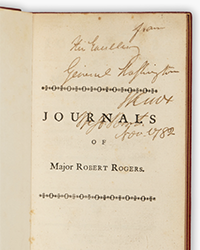
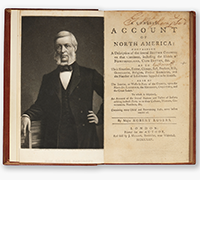
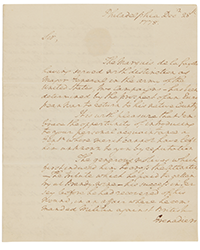
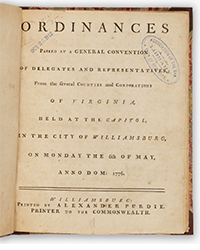
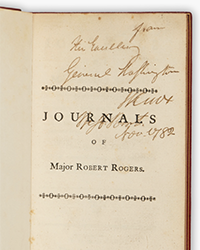

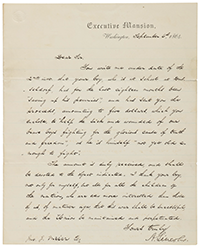
![<b>Sotheby’s, Jan. 27:</b> [World War II]. An archive of maps and files documenting the allied campaign in Europe, from the early stages of planning for D-Day and Operation Overlord, to Germany’s surrender. $200,000 to $300,000. <b>Sotheby’s, Jan. 27:</b> [World War II]. An archive of maps and files documenting the allied campaign in Europe, from the early stages of planning for D-Day and Operation Overlord, to Germany’s surrender. $200,000 to $300,000.](https://ae-files.s3.amazonaws.com/AdvertisementPhotos/9d2762bc-9f26-47ef-96de-1c28070e19f6.png)
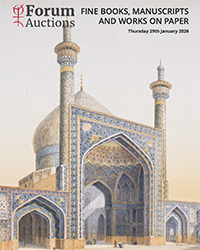
![<b>Forum, Jan. 29:</b> Plato. [<i>Apanta ta tou Platonos. Omnia Platonis opera</i>], 2 parts in 2 vol., editio princeps of Plato's works in the original Greek, Venice, House of Aldus, 1513. £8,000-12,000 <b>Forum, Jan. 29:</b> Plato. [<i>Apanta ta tou Platonos. Omnia Platonis opera</i>], 2 parts in 2 vol., editio princeps of Plato's works in the original Greek, Venice, House of Aldus, 1513. £8,000-12,000](https://ae-files.s3.amazonaws.com/AdvertisementPhotos/df7dd9ac-f0d0-4cb3-a44d-2731758530e4.png)
![<b>Forum, Jan. 29:</b> Book of Hours, Use of Rome, In Latin, illuminated manuscript on vellum, [Southern Netherlands (probably Bruges), c.1460]. £6,000-8,000 <b>Forum, Jan. 29:</b> Book of Hours, Use of Rome, In Latin, illuminated manuscript on vellum, [Southern Netherlands (probably Bruges), c.1460]. £6,000-8,000](https://ae-files.s3.amazonaws.com/AdvertisementPhotos/c40bad29-8cb5-4347-a0fd-5361d39e84a5.png)
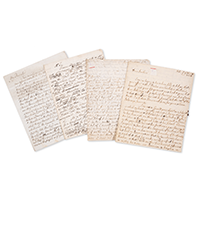
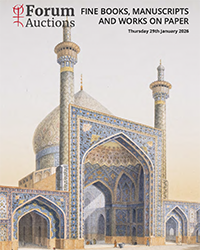
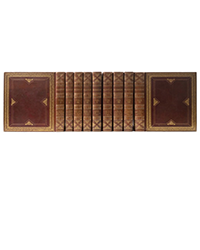
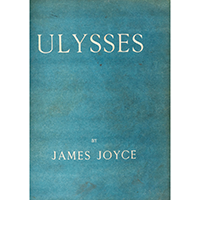
![<b>Forum, Jan. 29:</b> Powell (Anthony). [<i>A Dance to the Music of Time</i>], 12 vol., first editions, each with a signed presentation inscription from the author to Osbert Lancaster, 1951-75. £6,000-8,000 <b>Forum, Jan. 29:</b> Powell (Anthony). [<i>A Dance to the Music of Time</i>], 12 vol., first editions, each with a signed presentation inscription from the author to Osbert Lancaster, 1951-75. £6,000-8,000](https://ae-files.s3.amazonaws.com/AdvertisementPhotos/b7fdee12-4803-4d32-9330-a5729091cb92.png)
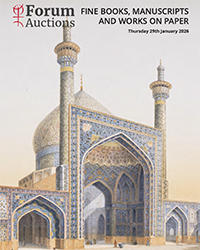
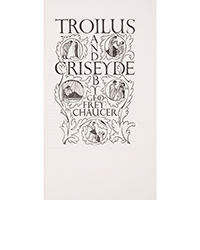
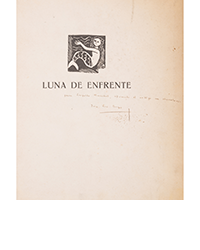
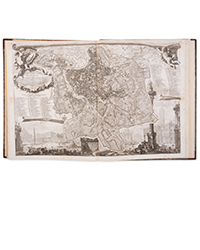
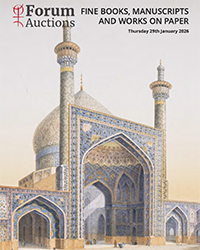
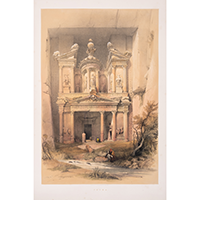
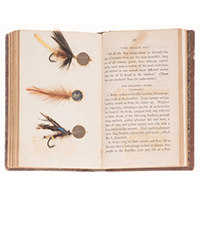
![<b>Forum, Jan. 29:</b> Herschel (Sir John F. W.) Collection of 69 offprints, extracts and separate publications by Herschel, bound for his son, William James Herschel, 3 vol., [1813-50]. £15,000-20,000 <b>Forum, Jan. 29:</b> Herschel (Sir John F. W.) Collection of 69 offprints, extracts and separate publications by Herschel, bound for his son, William James Herschel, 3 vol., [1813-50]. £15,000-20,000](https://ae-files.s3.amazonaws.com/AdvertisementPhotos/a06cc0dd-7619-45e9-b155-5ad75ed7b2e5.png)